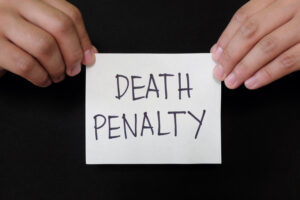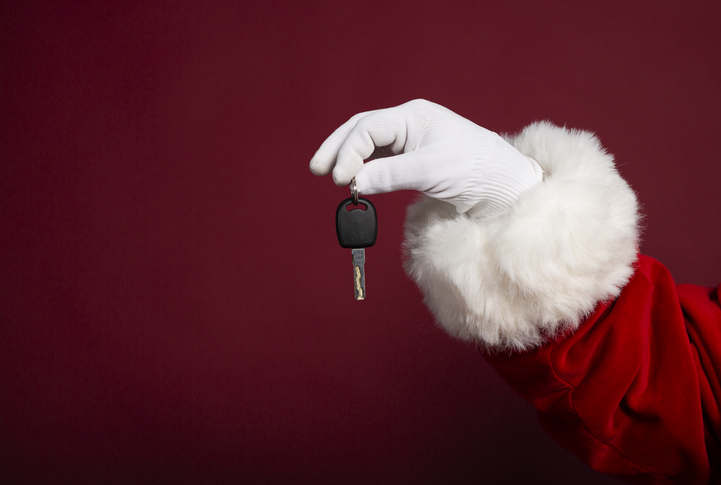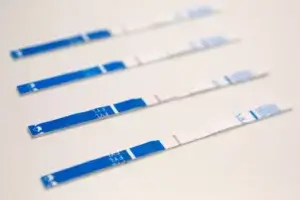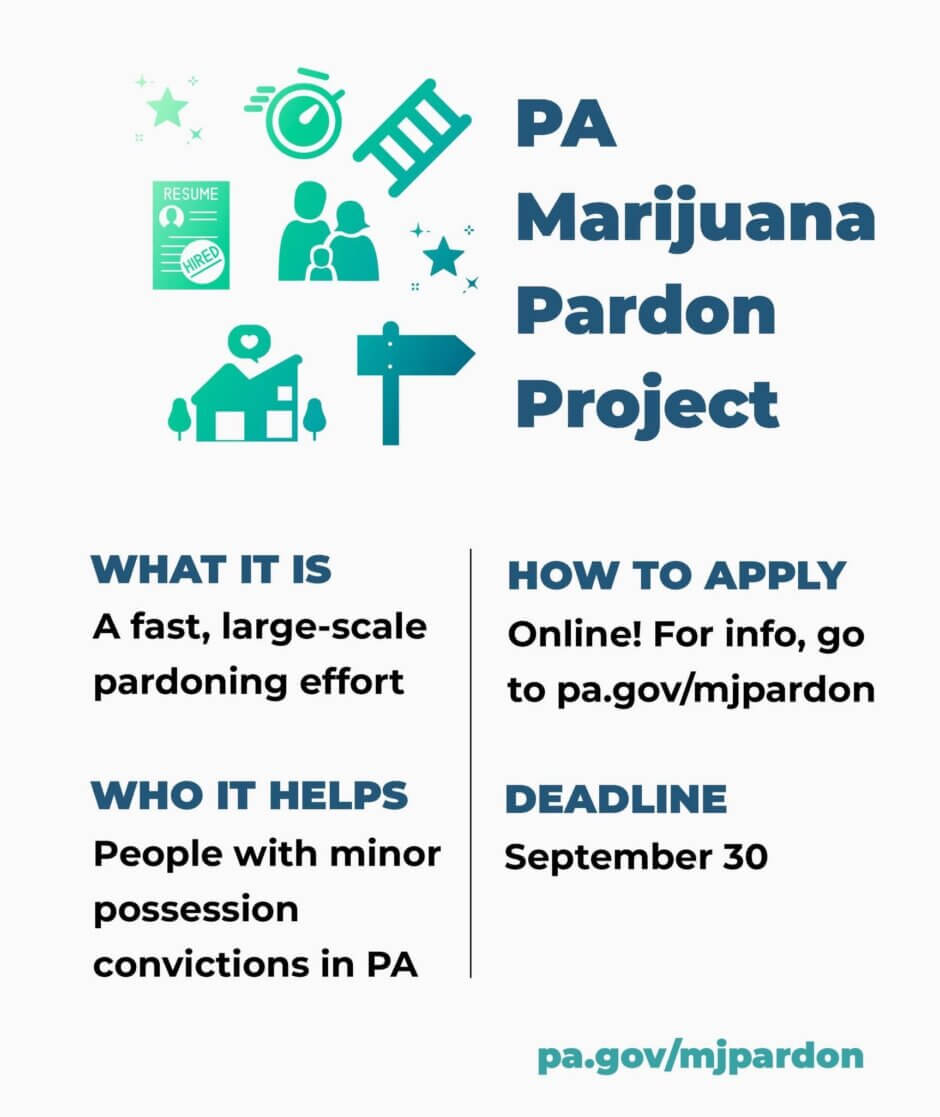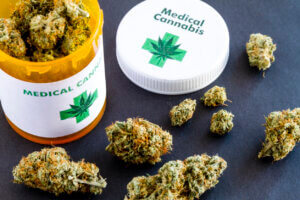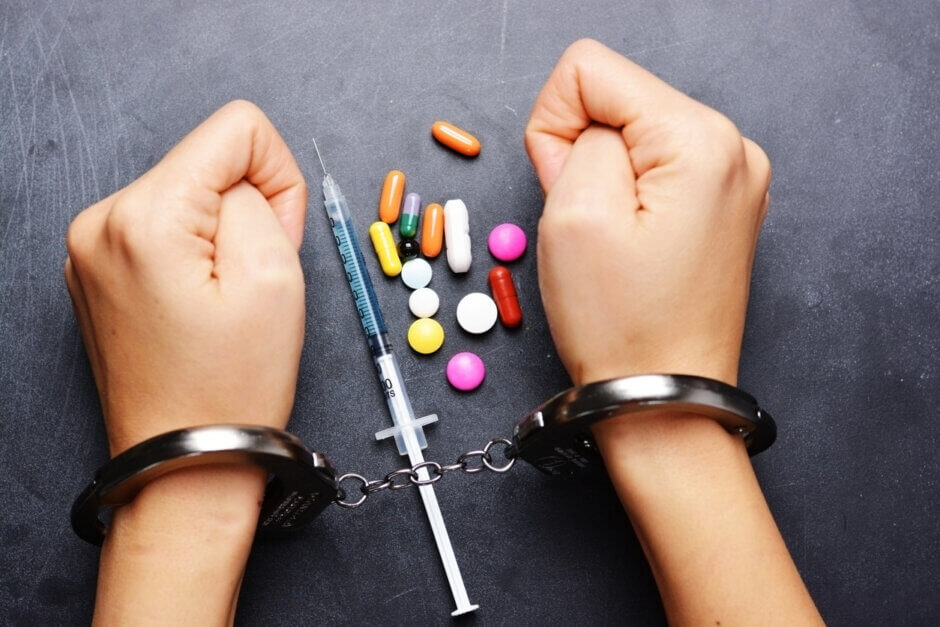An arrest can leave people feeling overwhelmed and uncertain about their rights and future. Legal troubles can hang like a cloud over defendants and their families. Knowing what to expect next in the process can help in being better prepared.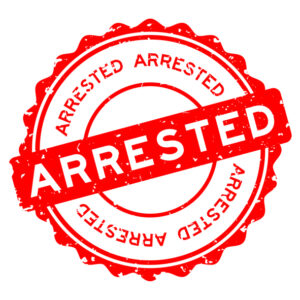
In Pennsylvania, the process that unfolds after an arrest involves various steps, each designed to uphold the rights of the accused. Understanding the distinction between detainment and arrest, knowing your rights post-arrest, and being aware of the options regarding phone calls and bail are crucial aspects of this process.
Detainment vs. Arrest
Detainment and arrest are two distinct legal concepts with different implications. Detainment, or being held in custody, may occur when law enforcement restrains an individual’s freedom of movement for investigative purposes. During detainment, police may ask questions, check identification, and conduct searches of someone they suspect is guilty of a crime, but they may never charge the suspect with a crime.
Pennsylvania law doesn’t put a time limit on how long a suspect can be detained. It may be for only 5 minutes in the back of a squad car, or it may be overnight in jail. Typically, it is no longer than 48 hours, but it could be longer on weekends or holidays. Technically, if you have ever been pulled over for speeding, you were detained by police while they checked your registration and issued a ticket, etc. Although detainment doesn’t mean you will be arrested, it can and often does result in arrest.
Arrest, on the other hand, involves the formal deprivation of an individual’s liberty based on probable cause that they have committed a crime. Once arrested, the individual is taken into custody and charges are filed.
Your Rights After an Arrest in Pennsylvania
If you are arrested, you have certain rights under Pennsylvania law. These rights include:
- The Right to Remain Silent: The famous Miranda rights ensure that individuals are informed of their right to remain silent during police questioning. Anything said can be used against the individual in court, so it is advisable to exercise this right until legal counsel is present.
- The Right to an Attorney: Every individual has the right to an attorney, and if they cannot afford one, the court will appoint one. Having legal representation is crucial for navigating the complexities of the legal system.
- The Right to Be Informed of Charges: Following an arrest, the individual must be informed of the charges against them. This ensures transparency and allows the accused to understand the nature of the allegations.
Phone Call Privileges After an Arrest:
Contrary to popular belief (and many TV shows), there is no specific constitutional right to a phone call after an arrest. However, in general, the magistrate or police officers generally permit individuals to make a reasonable number of phone calls and may even let the arrested individual retrieve their cell phone for contact information.
After a preliminary arraignment, however, a defendant does have a right to contact friends, family, or an attorney.
The PA Code of Law (Rule 540) states:
(H) After the preliminary arraignment, if the defendant is detained, the defendant shall be given an immediate and reasonable opportunity to post bail, secure counsel, and notify others of the arrest. Thereafter, if the defendant does not post bail, he or she shall be committed to jail as provided by law.
Bail and Bond – Getting Out of Jail
Once arrested, an individual may be eligible for release on bail or bond, allowing them to await trial outside of custody. Bail is a financial guarantee that the accused will appear in court as required. If the suspect pays the bail or uses the services of a bail/bond company, they do not go to jail. If the individual attends all court appearances, the bail amount is refunded. If the defendant does not attend the court appearance, the court keeps the money and issues a warrant for arrest.
In Pennsylvania, the bail determination process considers factors such as the severity of the charges, the defendant’s criminal history, ties to the community, and flight risk. The court may set bail at a specific amount or release the individual on recognizance, which means they are released without having to pay bail but must adhere to certain conditions.
Additionally, Pennsylvania law allows for bail bonds, where a third-party bondsman posts the bail amount on behalf of the accused for a fee. This option is often used when the defendant is unable to pay the full bail amount themselves.
What You Need to Do After Being Arrested in Pennsylvania
Facing an arrest in Pennsylvania triggers a legal process with significant implications for the accused, like a criminal record, losing your driver’s license, jail or prison time, fines, and other potential losses like your job, custody rights, and many other freedoms.
Individuals must exercise their rights wisely by seeking legal representation promptly. The experienced attorneys at Ketchel Law can guide you through the preliminary hearing, court process, bail and bond process, and the way through to the trial if the case goes that far.
We can help, whether you were charged with DUI, drugs, theft, assault, or another criminal offense.
Contact Ketchel Law today if you have been charged with a crime or have possible pending charges in Pennsylvania
Free Consultations: 412-456-1221
Our #1 Goal? Your Case Dismissed.
Have a question about your DUI case or upcoming preliminary hearing in Pennsylvania? Call our team of top Pittsburgh DUI lawyers for a free consultation. Learn more about the DUI Court process in Pennsylvania.
Call Ketchel Law at 412-456-1221. We take your case seriously and are committed to providing quality legal advice.


